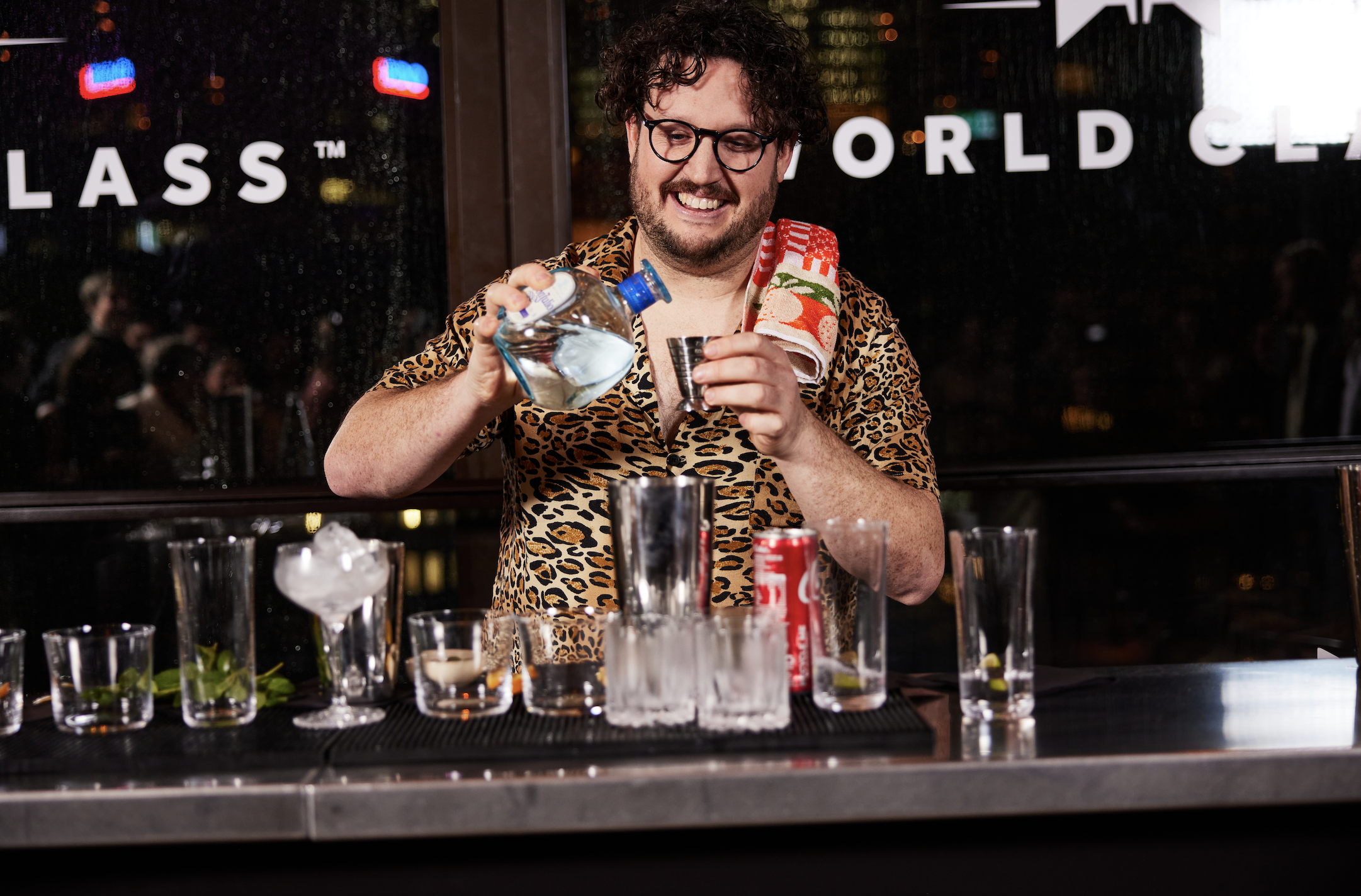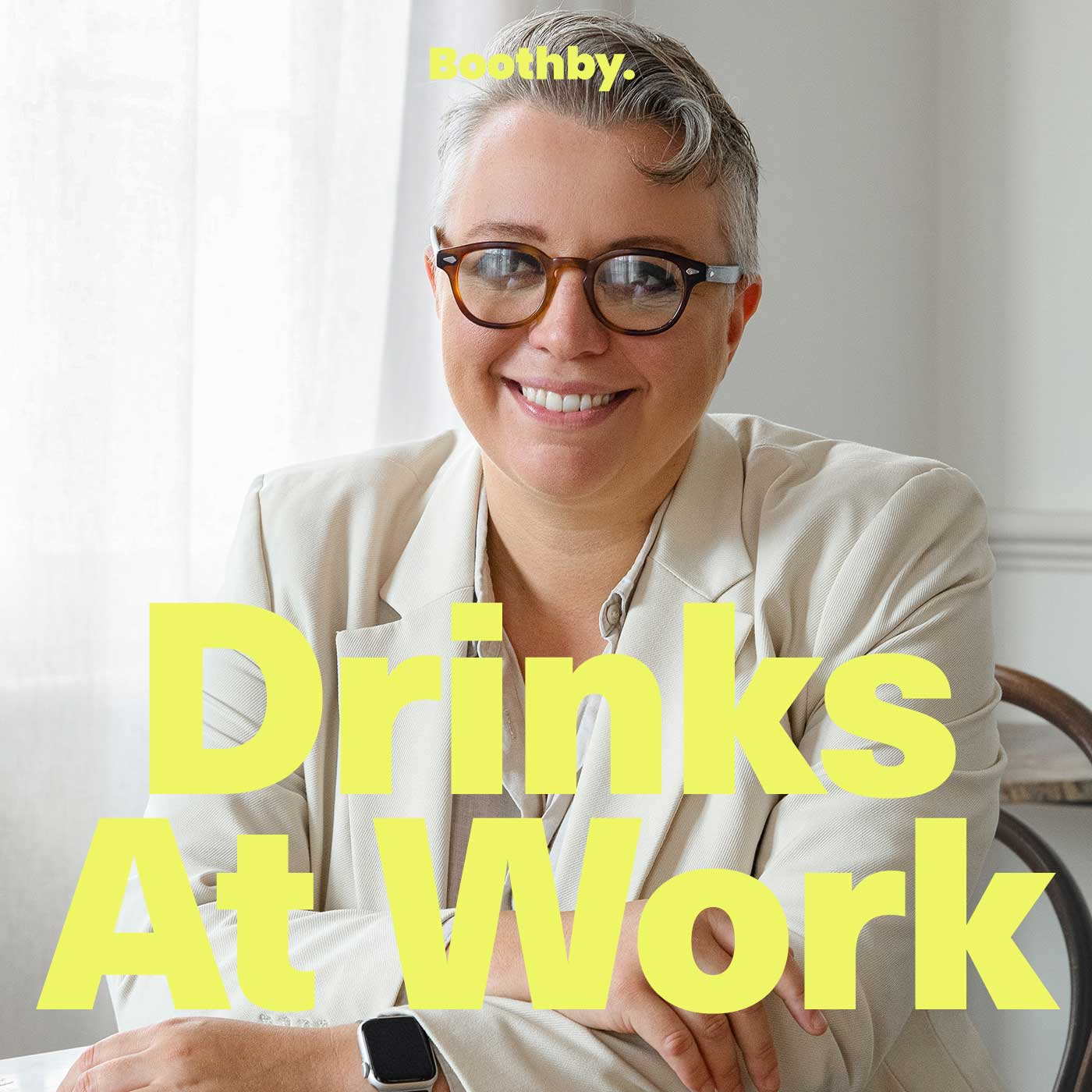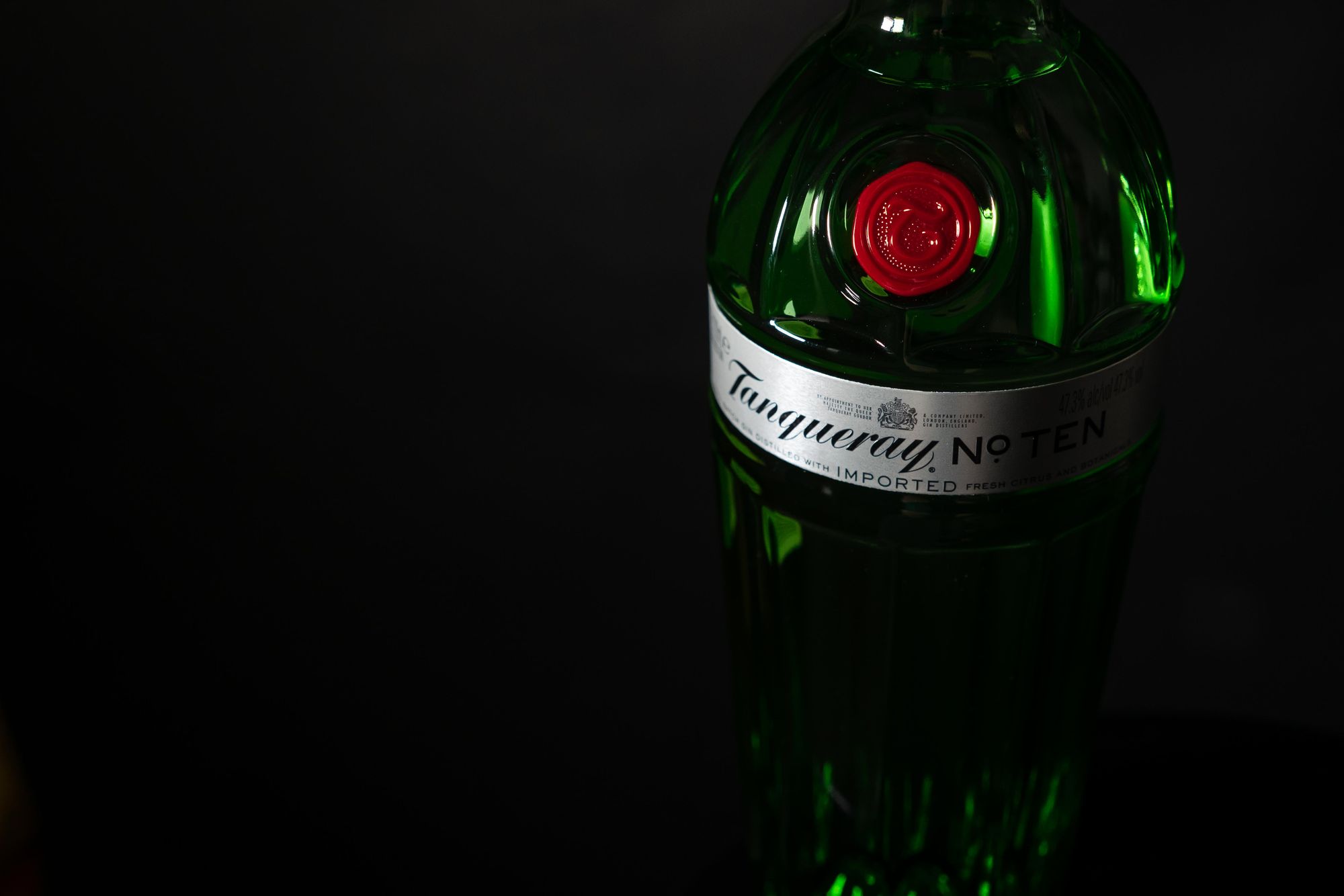How the World Class Top 100 round was judged
And the importance of going a little further out of your depth.


There tend to be two broad camps of bartenders: those who are more creatively-minded, who love creating drinks and experiences and know how that works, and those who relish the operations side of the business and make the trains run on time (and balance the tills). Then there are those who land somewhere between the two.
I’d wager that you need a good helping of the creativity side, along with a dash of operational smarts, to make it to the pointy end of a cocktail competition like World Class.
It’s something I spoke about with Kate McGraw, the Australian World Class brand ambassador, last week when I went on a ride along with her as she judged the Top 100 round of this year's competition; you can watch the video of the afternoon here.
Over the last couple of weeks, they’ve whittled down the Top 100 to a Top 50, and did so based on the bartenders’ written submissions and how creative they been communicating their message on social media. That judging led them to a Top 50 — and now, they were judging each of the Top 50’s Ketel One drinks in bars around the country.
“Myself, and our other brand ambassadors Dave Bronson, Tracy Gardner, and Ben Hardy, we have been deployed around the country to taste these Top 50 drinks to determine who lands in our Top 5,” says Kate.
I wanted the ride along so I could get to see how the judging worked, because the thing about cocktail comps is that they can be daunting — especially if you’re trying your hand in them the first time.
I know it can be a daunting thing because they always scared the hell out of me. When I was behind the bar (you know — back in the Before Times again) I only ever entered one competition, because I was uncertain about what would come, whether I was good enough, whether or not I’d make a fool of myself. I laboured under this false idea that if I entered a comp, I had to do well. Not that ever expected to win the thing, but I wanted to be up there in the mix at the pointy end of things. If I didn’t think I could do that, then why bother?
The problem with my thinking was that I never bothered.
What I didn’t know then was that having a go and failing would help me to do better next time, and that it’s a good skill to have — not just in a cocktail comp setting, but in life. I wasn’t comfortable looking like an idiot. I was comfortable looking on from afar, thinking that I could have done better than those people who actually went and did.
I’m older now, hopefully wiser, and I think I know the value of getting involved, having a go, and messing up. And I know that being comfortable can be overrated.
This isn’t anything new, of course. What took me 10 years to work out others have always known, or perhaps, have always had an instinct about. David Bowie — the great rock and roll changeling — perhaps said it most memorably:
“If you feel safe in the area that you’re working in, you’re not working in the right area,” he said. “Always go a little further into the water than you feel you’re capable of being in. Go a little bit out of your depth, and when you don’t feel that your feet are quite touching the bottom, you’re just about in the right place to do something exciting.”

That’s the place I feel that World Class invites bartenders into. If you look at the illustrious list of Australian winners over the years, whether it’s (to name but a few) Tim Philips-Johannson, Alex Boon, Andrea Gualdi, Orlando Marzo, Evan Stroeve, or 2022 winner Nick Tesar, there’s a certain polish and experience required to come out on top.
These bartenders tend to come from that creative side of the business, but have that dash of ops to make it all happen; they think big, taking this humble little thing called a cocktail, and then they go big with their ideas, turning them into something delicious to drink and a memorable experience.
They’re not afraid to hang it all out on the line, not afraid that they might implode and fail spectacularly. Or if they are afraid — they don’t let fear stop them.
The other crucial ingredient, I think, is that they’re honest about what they’re doing; they’re not cynical, not trying to hack the system for a quick win. They genuinely love ideas and creativity and making people feel good. If you do good work, you might just see good things come your way.
Come Monday 22nd next week, we’re all going to find out who among the Top 100 World Class bartenders will make the grade of the Top 5 — and I reckon they’ll be the type of bartender that wants to make people feel good, too. It’s going to be a big moment for those bartenders — hundreds of bartenders had a go at the competition, and to make the Top 5 isn’t easy. And a big result like that can lead to bigger and better things for a bartender’s career.
So congratulations to not just the Top 5. And kudos to each of the hundreds of bartenders who got involved and put their names down to have a go.
Not every drink you make is going to be a good one. Fewer still will be great. But that’s the point — you don’t get good by not having a go. I’ve seen the improvement in our bars; bit by bit, bartender by bartender, the drinking in this country is getting better (and it was already among the best in the world).
As Kate told me in our interview on Drinks At Work earlier this year: “We learn by doing, right?”




